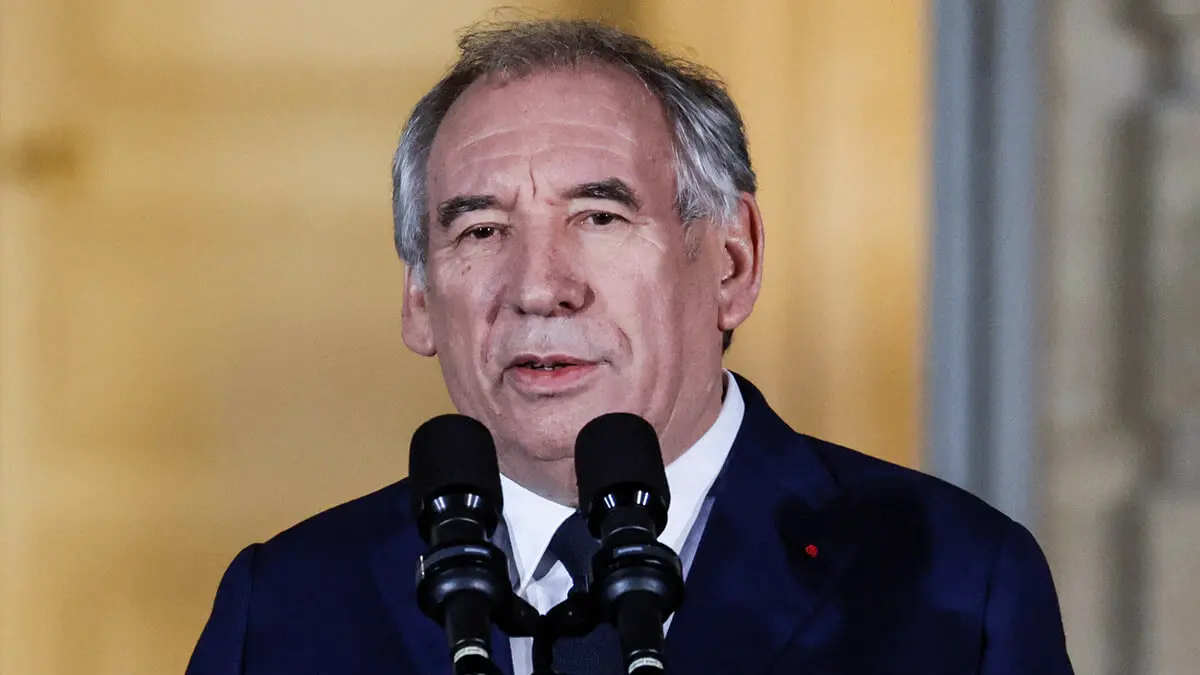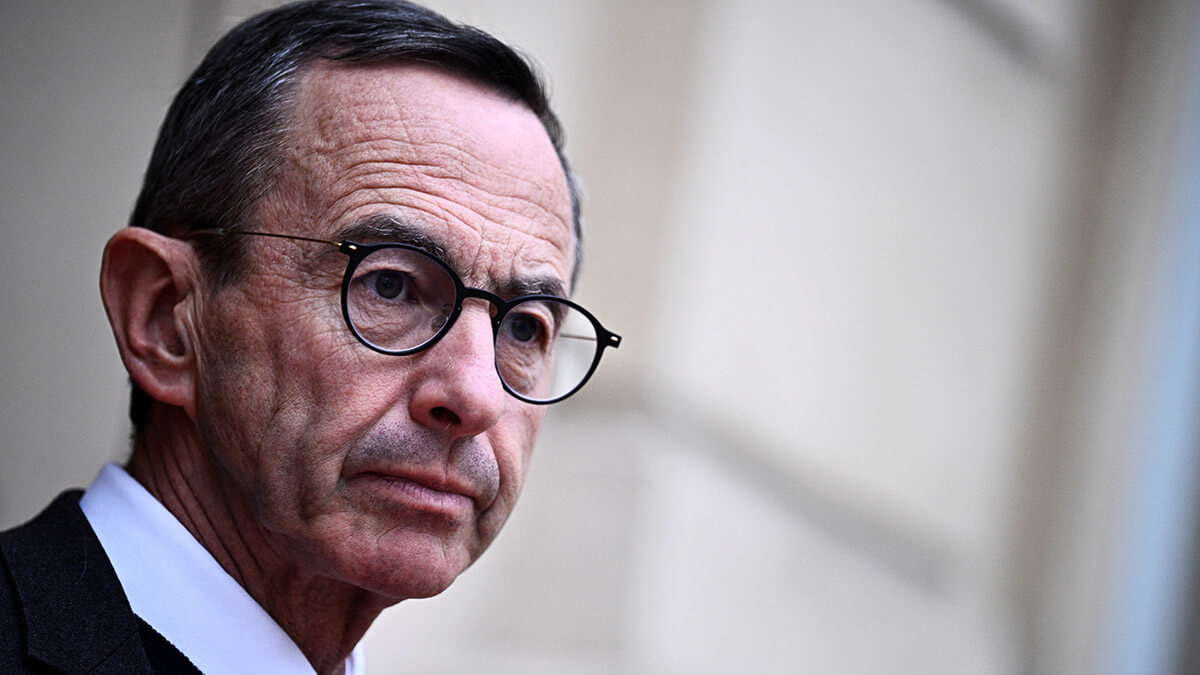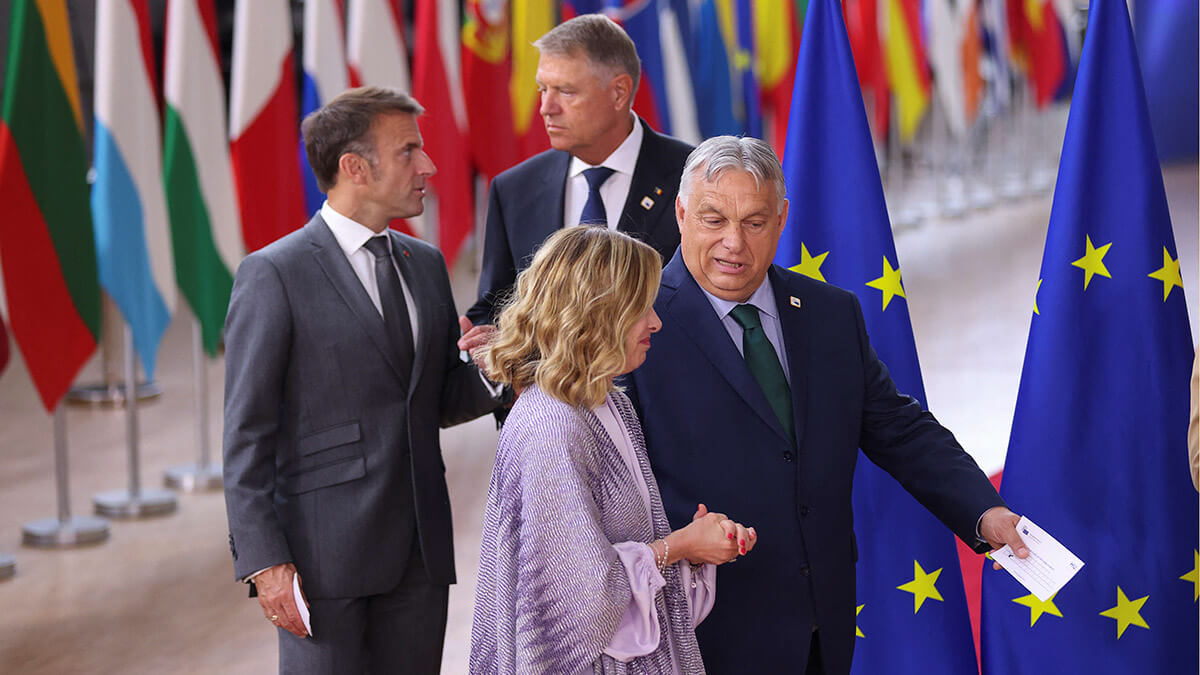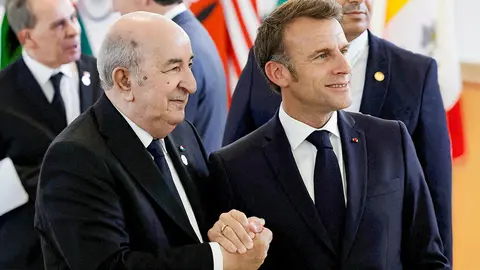France will audit all the agreements it has with Algeria

The French Prime Minister, François Bayrou, confirmed, after the meeting of the Interministerial Committee on Immigration Control that he convened last Wednesday, that ‘all the agreements between Algiers and Paris will be audited’, after information came to light about a possible review of these resolutions.
🥛🇫🇷 INSOLITE - François Bayrou interrompt son discours sur l’Algérie pour chercher son verre d’eau… qui était pourtant juste devant lui. pic.twitter.com/DlmFp467Kn
— AlertesInfos (@AlertesInfos) February 26, 2025
Relations between the two countries are broken, however, the attack in Mulhouse, allegedly at the hands of an Algerian citizen resident in France, has marked a before and after, serving as a trigger for Bayrou to state categorically that he will ask the Algerian government to review all the agreements signed and their application.
In addition, an ‘urgent’ list of people who should return to their country will be presented to the Algerian government.
‘The drama in Mulhouse was possible because this Algerian citizen had an expulsion order and was presented for repatriation on 14 occasions and on each occasion he was rejected by the Algerian authorities,’ François Bayrou.
Likewise, Bayrou recalled new general measures that will extend control over irregular immigration through greater surveillance at the borders of the Mayotte archipelago.
Revision of the 1968 agreement
Several months have passed since the French Minister of the Interior, Bruno Retailleau, called for more cooperation from the Algerian authorities on migration issues. These claims were particularly echoed after the imprisonment of the Algerian writer Boualem Sansal.
In accordance with the 1968 treaty, Algerian citizens are granted a privileged status. However, in recent months, the state of relations between the two countries has led the French authorities to describe this agreement as ‘obsolete and detrimental’ to French interests.

Signed on 27 December 1968, one of the privileges of the agreement was the facilitation of the granting of a 10-year residence permit to Algerian citizens compared to people of any other nationality. In this regard, Retailleau made it clear that the state of Franco-Algerian relations fully affect French dignity.
An insult to Algeria
On the other side of the Mediterranean, these unilateral decisions taken by France have been considered an insult by sources close to the government of Abdelmadjid Tebboune, and form part of the alleged French ‘provocations’.
So much so that the Ministry of Foreign Affairs expressed its surprise at the decision of the Interministerial Committee to audit all types of agreements between the two countries. Algeria's main complaint is that the French authorities did not communicate the decision to Algeria, as stipulated in article 8 of the Franco-Algerian agreement on visa exemption, which was renewed in 2013. According to the Ministry itself, these acts seek to ‘strain relations between the two countries to the point of no return’.

As a consequence, the Council of the Nation announced the immediate suspension of diplomatic relations with the French parliamentary chambers, especially with the French Senate, following the visit of President Gérard Larcher to the city of Laayoune in Western Sahara.
France and its influence in the European Union
The tough stance on the management of migratory flows in Europe has gained ground in the debates of the European Parliament in recent months.
The intensification of criminal acts committed by third-country nationals whose situation was not clear due to problems returning to their countries of origin has led to France being willing to use its influence within the Union to urge, in this case, Algeria to accept its approaches in their bilateral relations.

Although the Union does not mention any country in particular, several countries have talked about tightening up their policies on freedom of movement and asylum. It is in this context that the French Prime Minister's statements demonstrate the French government's intention to get closer to its EU partners.









